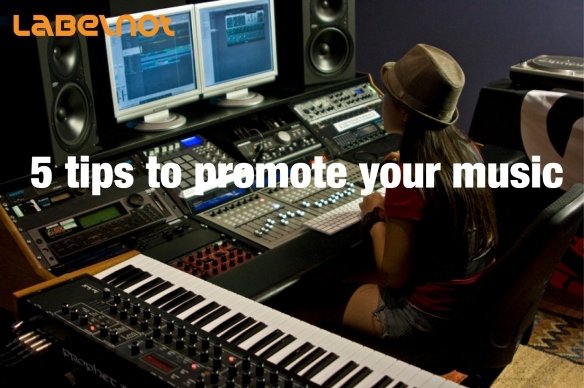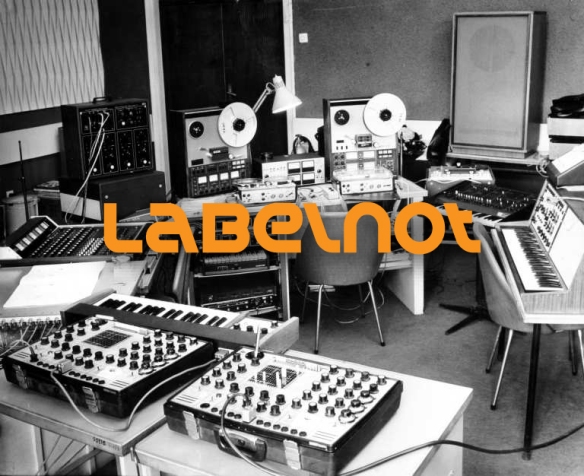SoundCloud continues to be a terrific location for music promotion. Taking advantage of SoundCloud’s growing community of music lovers should be a strategic practice of all musicians, big and small. Sharing tracks, creating sets, and interacting with other users are all essential parts of good SoundCloud promotion. Add to that commenting, following and group joining, and SoundCloud becomes the online pulse of social music.
Looking at the current success of Skrillex and his presence on SoundCloud, you can’t help but get excited about the potential for music discovery that SoundCloud offers. To help gain the most out of SoundCloud and reach the widest audience possible, I’ve put together some tips and ideas that any musician can easily implement. I call them my5 Super-Social Easily-Implemented Just-Do-It-Already SoundCloud-Tips.
Tip 1: Share
Sharing your SoundCloud tracks is very important. In today’s age of social networking this should not come as a surprise. In fact, this should be second nature by now. When you release a new track or a new set, always remember to share it on Facebook, send out some tweets, embed a HTML5 player on your site, post the music on Tumblr, share the track with SoundCloud users who are not following you already, and send some old-fashioned emails. SoundCloud even lets you connects various networks in their Settingsarea to assist in this process. Make sure you use it.
Tip 2: Be Free
Everyone likes free stuff, including free SoundCloud downloads. Don’t be afraid to release tracks for free every so often. Many people have grown up not even paying for music anymore. And although that can be detrimental to the starving artist, letting a track go for free can have it benefits. Free downloads have a certain type of virality. When the right fans get their hands on them they can spread across the world at a much faster rate than paid tracks. Use free downloads to produce a larger fan base. With a larger fan base, you have a greater chance of selling more music.
Tip 3: Join Groups
Joining groups that are befitting to your musical tastes is both fun and rewarding. When you decide to join a group or submit your tracks, remember to think outside the“dropbox.” Submitting tracks to groups that reflect your genre of music is important, but don’t forget about location based groups. Targeting SoundCloud groups in your city and state is one technique that many musicians neglect. These groups can help to build a grassroots type audience and provide many opportunities for future gigs. Join only the groups that make the most sense.
Tip 4: Comment
If you’ve ever had someone comment on one of your tracks then you know the excitement that it generates. Provide that same type of excitement for others. Comment on the SoundCloud tracks of other users in a constructive and sincere way. By taking the time to applaud another artist and extend your support, you are also creating an opportunity to get yourself noticed. I know this may sound self-serving, but that’s because it is. We’re talking about SoundCloud promotion. Promoting your music is always self-serving. But this does not mean that you should make insincere comments. It does not mean ignore what’s happening within the track to blatantly write something about yourself. People most definitely notice when you comment on things. Make sure you’re using the right, constructive words.
Tip 5: Follow
Do not hesitate to follow and/or follow back. This is perhaps the most obvious of all 5 Super-Social Easily-Implemented Just-Do-It-Already SoundCloud-Tips. Why? Because following is a recurring action. If another user sees you’re following them, guess what, it’s very likely that they’ll not only follow you back, but also check out your tracks. This leads to more exposure. Maybe they’ll happen to love your latest release, download it because you let it go for free, share it around their network, and bring you more fans. A scenario similar to this is not unrealistic.










